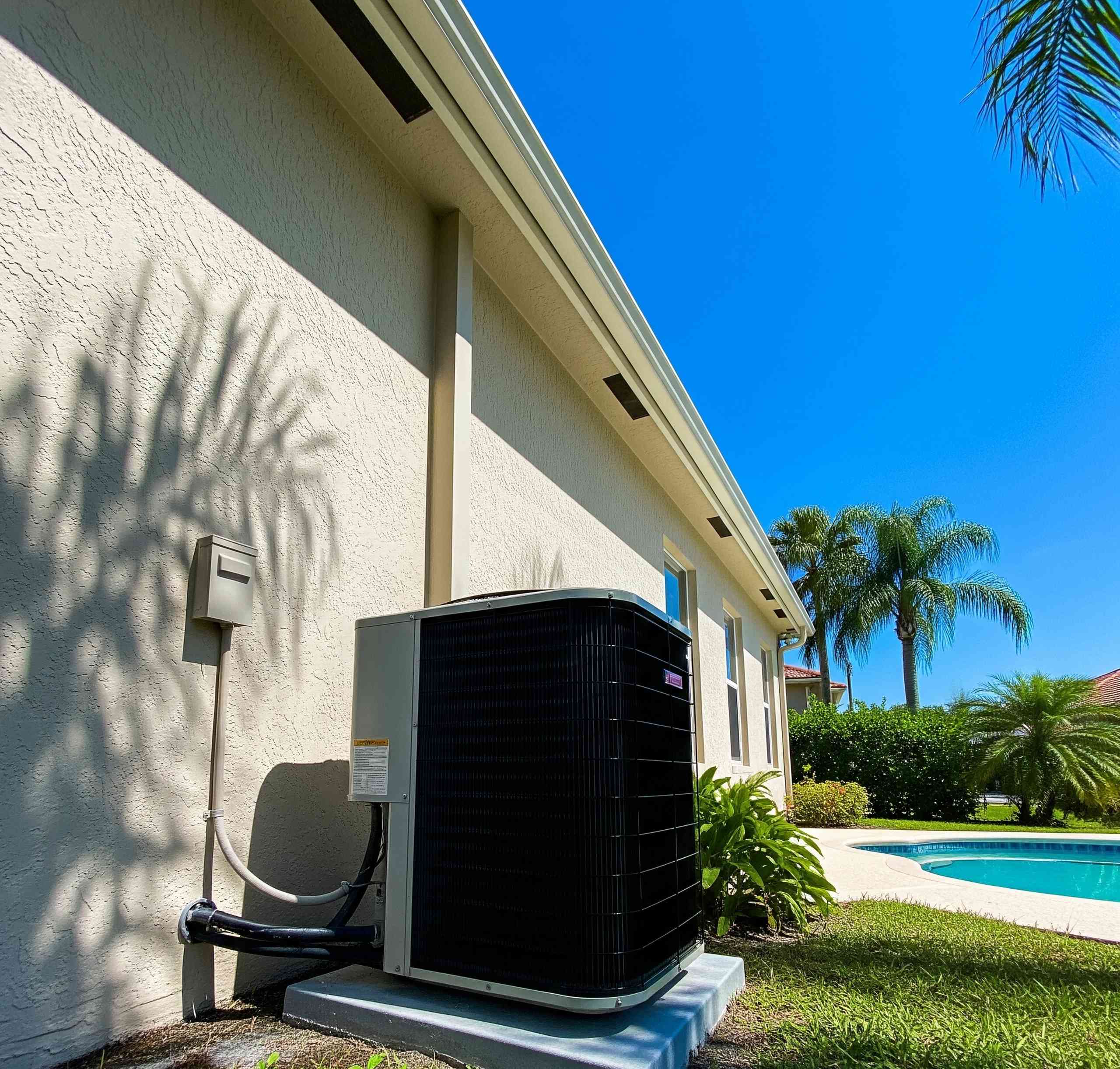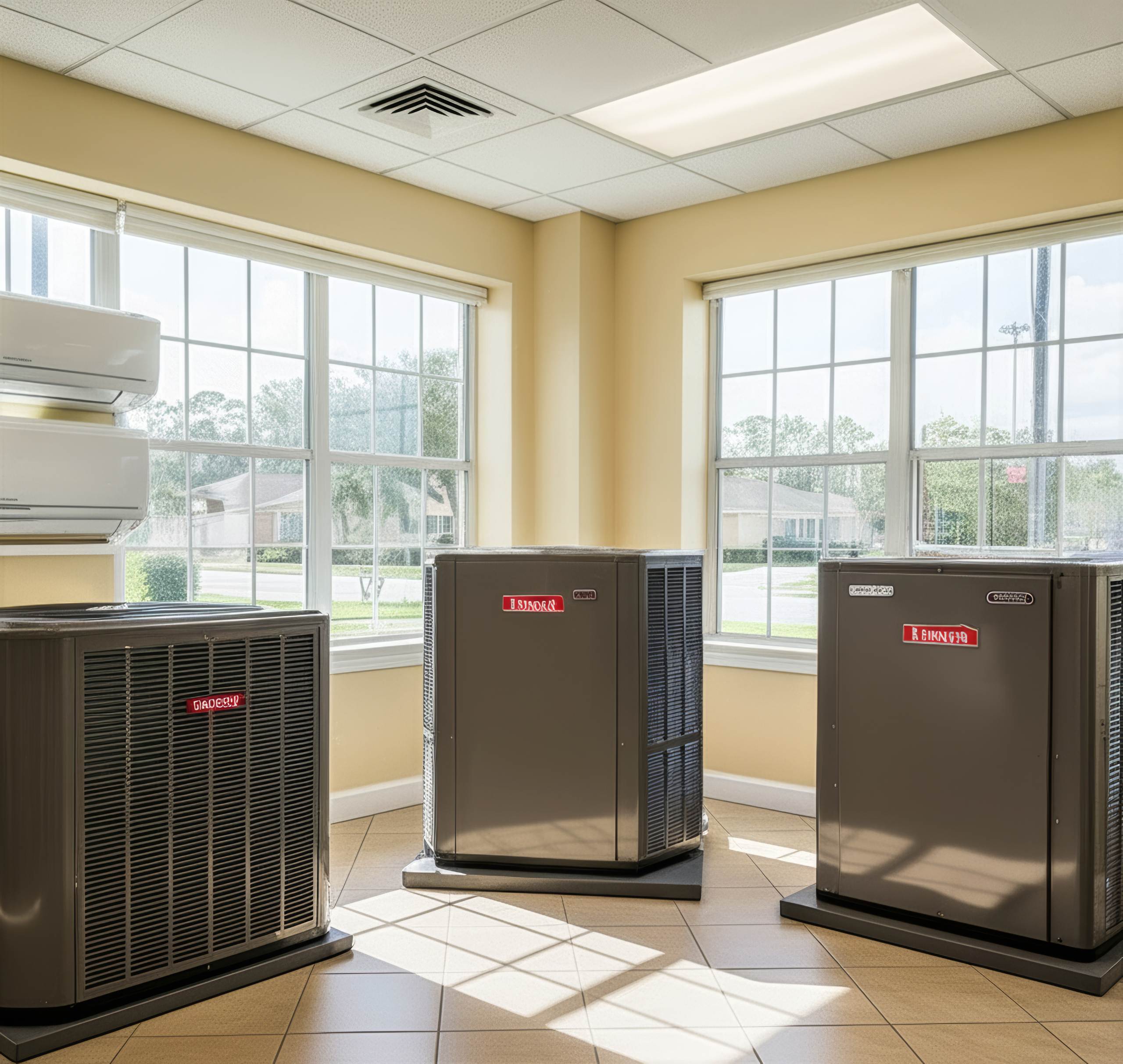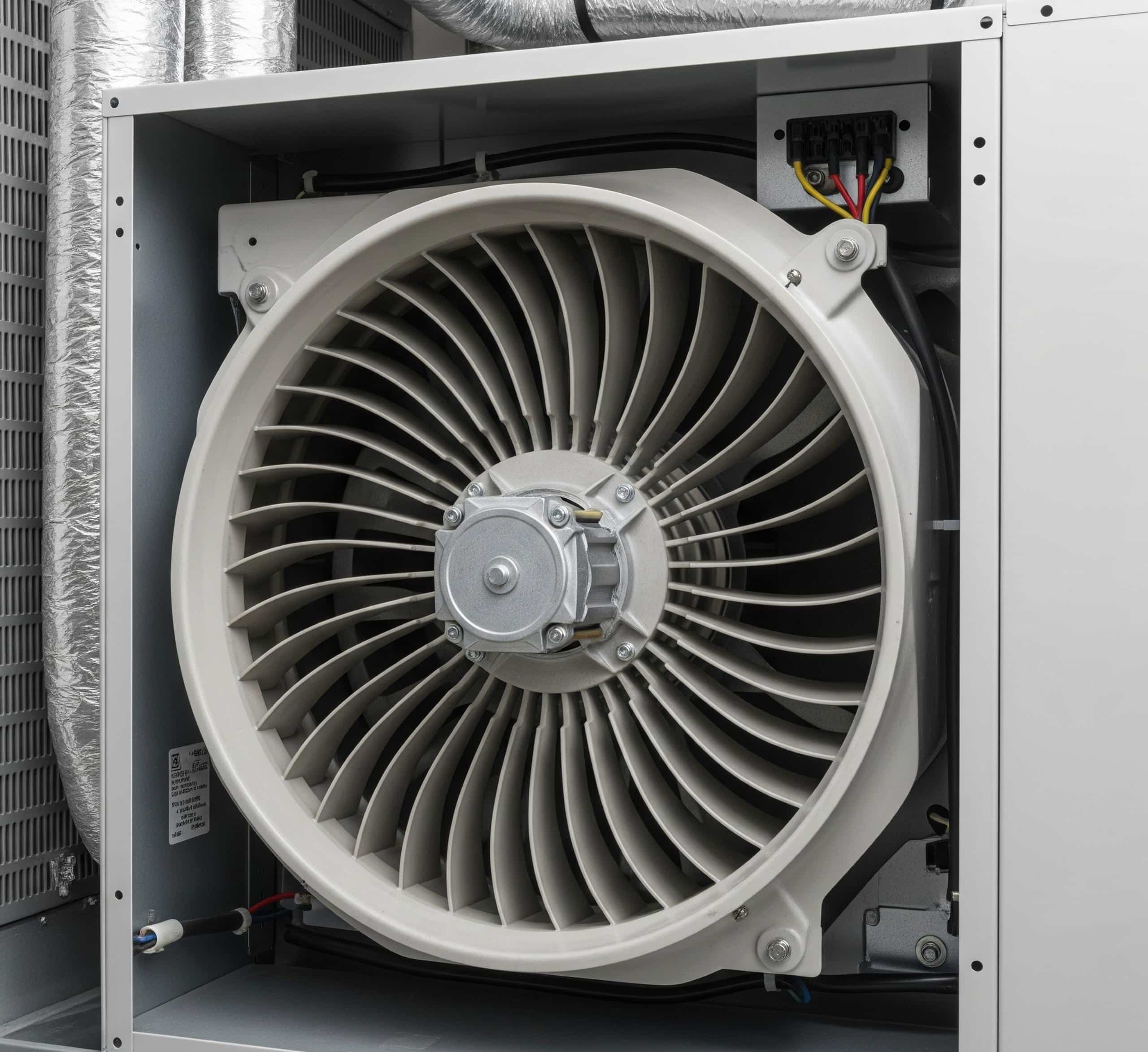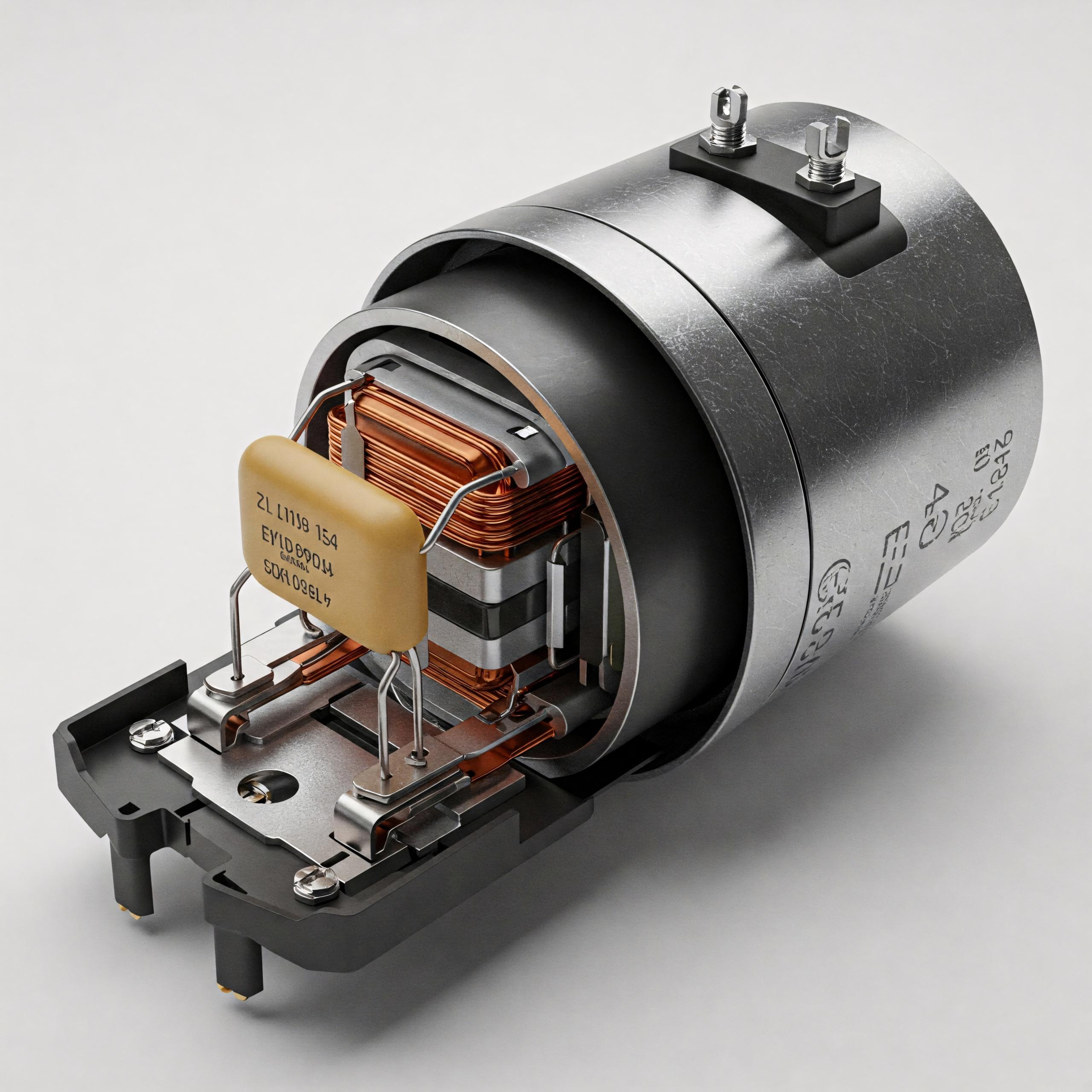Strange fishy smells coming from your air conditioner are one of the obvious signs that your AC needs a tune-up—but, fortunately, most times the fix is relatively simple.
Ignoring unpleasant smells can worsen the problem and eventually lead to significant damage, health and safety risks, and more expensive AC repairs.
Often, a fishy or urine-like smell coming from air conditioning is due to bacteria or fungus in the system or plastic-coated electrical wiring that becomes overheated. This is relatively easily solved with thorough AC cleaning or basic maintenance/repairs.
However, bad odors in the home can also result from more concerning issues, including serious electrical problems and dangerous gas leaks.
Let’s take a closer look at why fishy or other strange smells may be emitted by your air conditioning system and what you can do about the problem…
Why do air conditioners smell like fish?

Most Florida homes have central air conditioning. If the air coming from the vents smells like fish, it may be a sign of a build-up of bacteria or mold in the system. Alternatively, the odor could be from overheated electrical wiring or even a dead animal that has somehow worked its way into the cooling system.
Because air conditioners remove moisture and heat from the air inside homes, they provide an ideal environment for bacteria and mold growth. In Florida’s climate, nobody needs reminding about the heat and humidity, which are prime natural conditions for mold growth.
Unless the moisture is channeled efficiently to the condensate drain line and out of the home, it can lead to an interruption of the normal function of the air conditioning, leading to mold, fungus or bacteria buildup and unusual odors.
Homeowners must therefore take regular steps to ensure moisture is effectively handled inside their homes and mold problems are prevented.
Another potential cause of a fishy smell is heated plastic or a dead animal caught inside the air conditioning unit or ductwork. The plastic used to cover electrical wiring may emit a fishy smell when overheated. The source of the overheating problems could be an electrical outlet, a switch or an electrical breaker.
Sometimes, a fishy smell may seem to emanate from the HVAC system but it may simply be the air drawn in through the intake vent and dispersed through the home causing the odor.
Small rodents, mice, lizards, and even snakes can also find their way inside air conditioning units and leave a foul odor for at least a few days after they die.
STAY COOL ALL YEAR ROUND WITH ONE WAY AIR…
The team at One Way Air installs, services, and repairs all types of air conditioning systems in Southwest Florida. Get in touch with us here for a quote or call 239-233-4356 in emergencies.
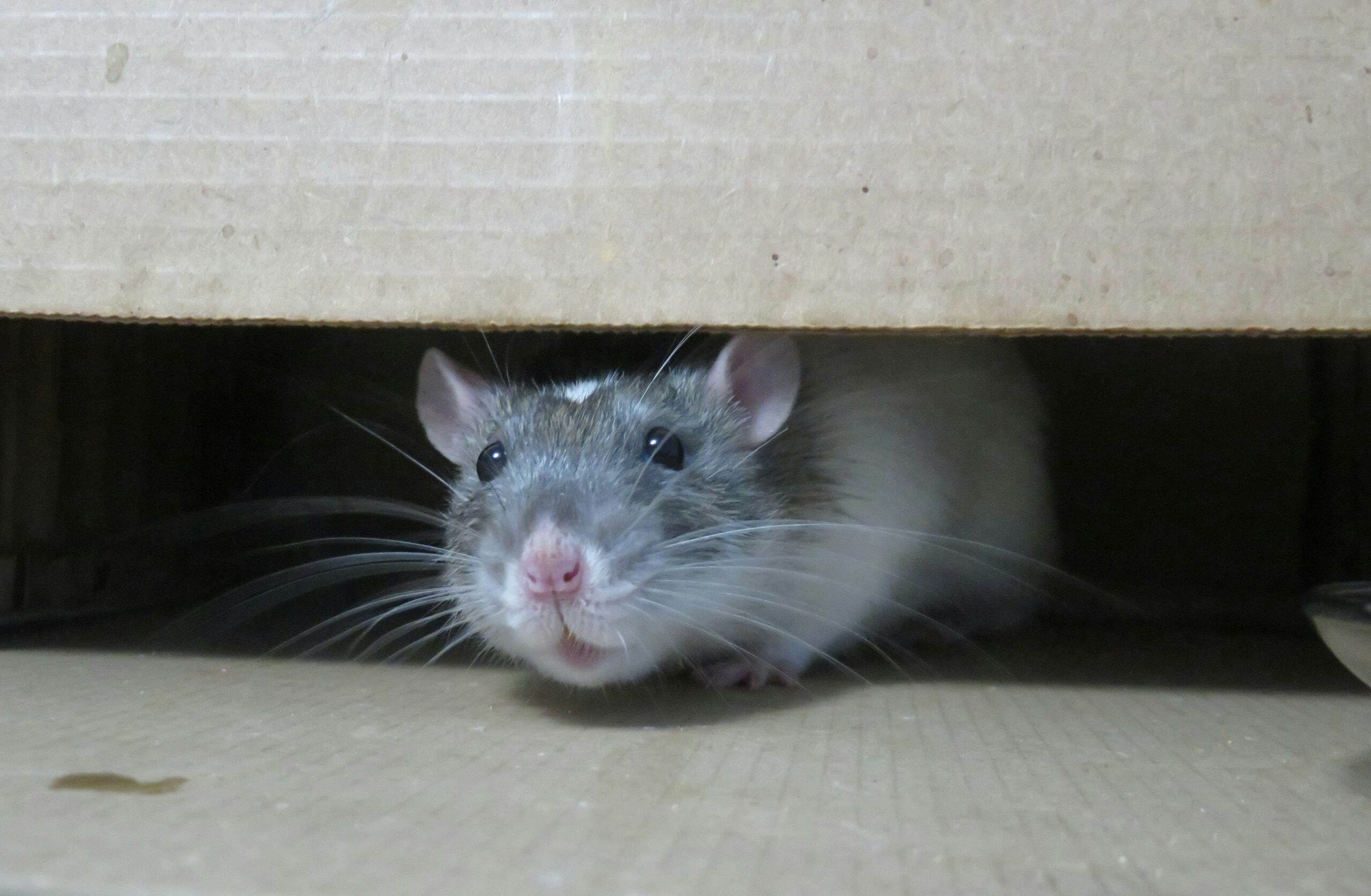
Either way, removing the source of the fishy smell with a professional clean or tune-up is usually the best way to restore your air conditioning to its sweet-smelling best.
What other strange smells are associated with air conditioners?
The types of foul smells coming from air conditioning are not confined to fish. A range of other strange odors can affect the system—some with different causes or some just variations on a theme.
AC smells like rotten eggs
The most likely cause of a rotten egg smell coming from your AC is a dead animal like a mouse or rat in the cooling system.
If that’s not the case, you may have a natural gas leak somewhere in your home. This problem is unlikely to be connected to your air conditioner as AC systems don’t use natural gas—but other parts of a full HVAC system like furnaces do, as well as cookers and other appliances.
A natural gas leak needs to be investigated promptly. Ventilate your home as much as possible, move the family outside, and call the professionals.

AC smells like feet
Feet-like unpleasant odors coming from your AC are likely caused by mold, fungus, mildew or bacteria buildup inside the system.
The smell could also be due to a dirty air filter, which is responsible for removing unwanted particles from the air inside the home. AC filters need changing regularly or cleaning (depending on the type of AC you have) or they can emit musty smells and negatively impact the air quality in the home.
A simple tune-up will resolve this issue. Checking and cleaning all components and changing air filters are standard parts of AC maintenance checks with One Way Air.

AC smells like urine
An AC emitting a urine odor is one of the worst smells to contend with in the home.
However, again the explanation is usually a simple case of bacteria or mold somewhere in the HVAC system or overheated electrical wiring.

AC smells like burning plastic
Burning plastic smells are other types of unwanted odors potentially coming from AC systems.
These pungent odors usually indicate an electrical wiring problem or a small plastic object caught in the system somewhere, which may heat up and cause a burning plastic odor in the air expelled through the vents.

AC smells like vinegar or chemicals
A smell like vinegar, paint thinner, acetone or another chemical odor coming from your AC could mean a refrigerant leak.
A refrigerant leak can also affect the performance of your air conditioning and needs prompt professional attention from an HVAC technician. Don’t attempt to fix this yourself as handling refrigerant can be hazardous.
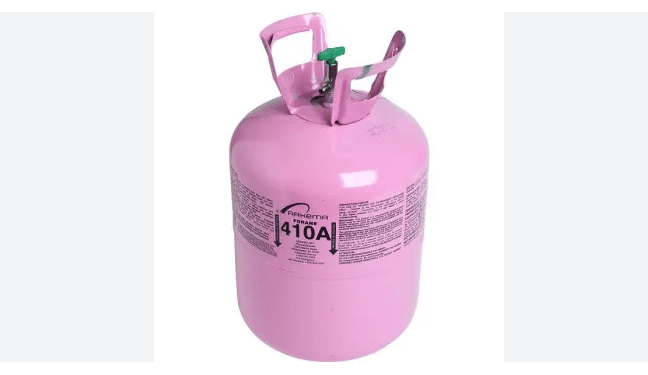
Main causes of mold or bacteria buildup in AC systems
Mold or bacteria in your AC system, which is a common cause of a fishy smell emanating from it, can result due to the following common reasons:
Dirty air filter
A blocked air filter is the root cause of many problems in AC systems. This will restrict air flow, impact the efficiency of the system, and can lead to mold, fungus or bacteria forming. This may produce fishy smells that nobody wants.
Clogged drain pans
AC drain pans collect the moisture that is removed from the air inside the home—an essential part of the cooling cycle. Water must be efficiently drained to keep your unit clean and free of unwanted mold, fungus, and bacteria.
Blocked condensate line
If the condensate line is blocked, water cannot escape from the home and, combined with the natural humidity in Florida, can lead to the formation of mold and bacteria. This can also lead to a host of other problems, including a frozen AC unit.
Trapped debris in the ductwork
Leaks in ductwork can allow debris to get pulled inside and cause interruptions to the airflow. If the debris is a small animal, this itself can cause strange smells but the resultant problems with mold and fungi from an inefficient AC system can also produce unusual odors.
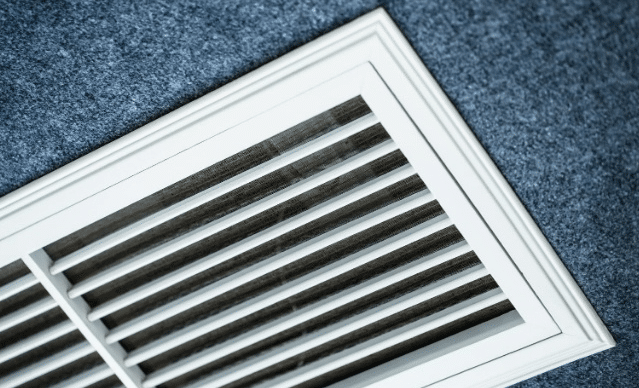
How to remove fishy smells from air conditioners
The most common fixes for fishy smells coming from air conditioners are simple:
Clean or change the air filter
Simply cleaning or replacing a clogged air filter may solve the problem and will almost certainly improve the overall performance of the cooling system.
Whether you can clean your air filter—or you need to replace it every month or two—depends on your AC unit type. The conditions in your home will dictate how often you should attend to this—in Florida homes with pets and/or asthma sufferers, cleaning or changing the filter every month is recommended during the summer months.
You may be able to attend to this yourself. Otherwise, it’s part of regular AC maintenance.
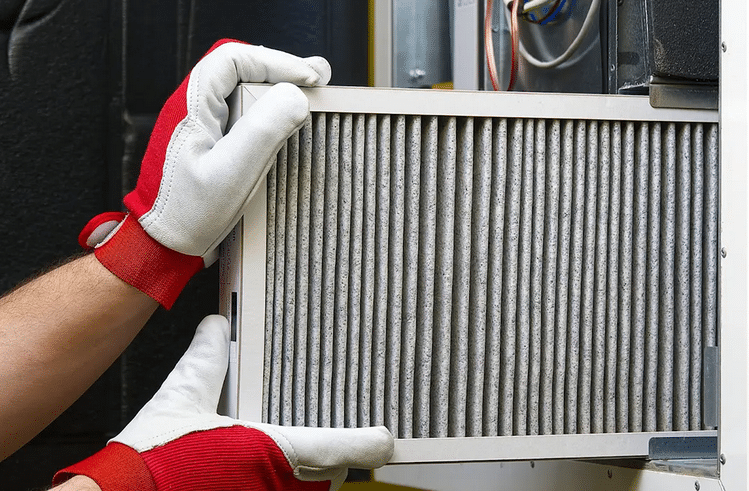
Unblock the condensate line or drain pan
If you need to clear a blockage in your condensate line or drain pan to solve bacteria or mold problems, you may need professional HVAC assistance.
The condensate line is usually a simple PVC tube near the outdoor condenser unit. After the tube has been detached, the blockage can usually be removed manually or by using a special solution to flush it out.
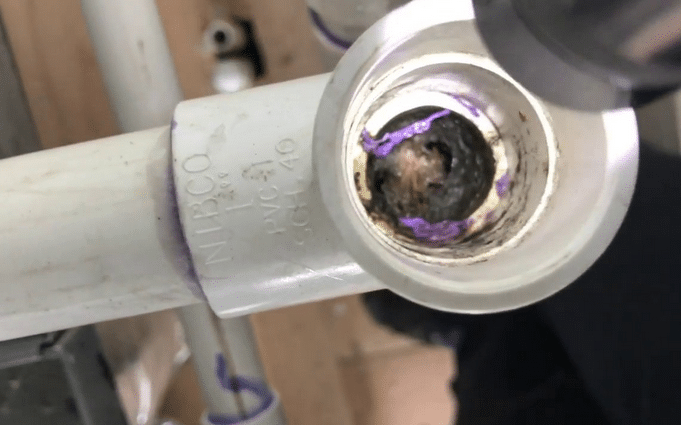
Have the electrical wiring looked at
If the problem is the electrical wiring in the system overheating, this calls for an experienced HVAC technician or electrician. Loose wires, overloaded circuits or other reasons may need to be thoroughly investigated. Perhaps the wires are damaged with age or animals chewing on them.
Don’t be tempted to troubleshoot this too deeply yourself as electrical issues could be hazardous.
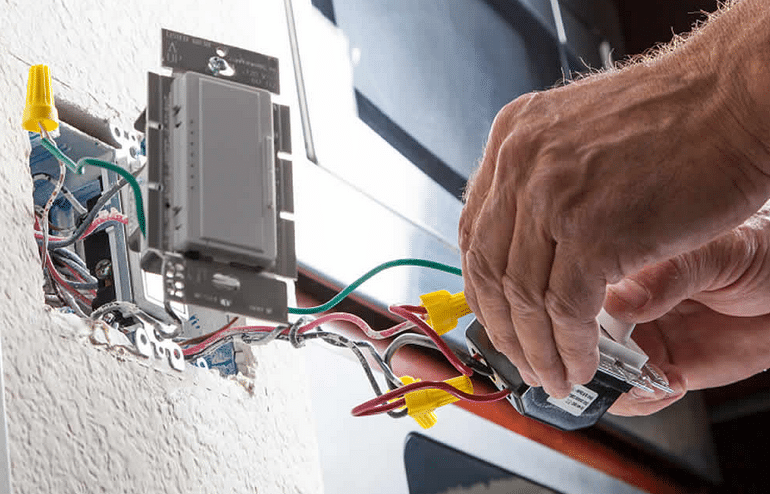
Schedule an AC tune-up
Routine AC maintenance is the best way to prevent most problems associated with fishy smells from mold, bacteria, and fungus, as well as other strange odors coming from your air conditioning.
Florida homeowners should protect the considerable investment they’ve made in their AC by scheduling an AC tune-up twice a year to keep the most common problems at bay and the indoor air quality high for the family.
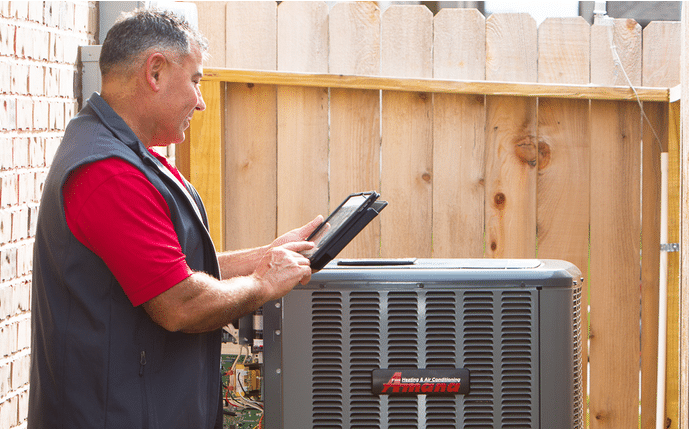
Install a dehumidifier
Florida’s relative humidity is extremely high. The ideal humidity inside a home is between 45 and 55 percent—no more than that.
Air conditioners remove moisture from the air but some homes still experience mold and mildew problems. The impact can be reduced by installing either a whole-home dehumidifier or a standalone unit for problems in particular rooms.
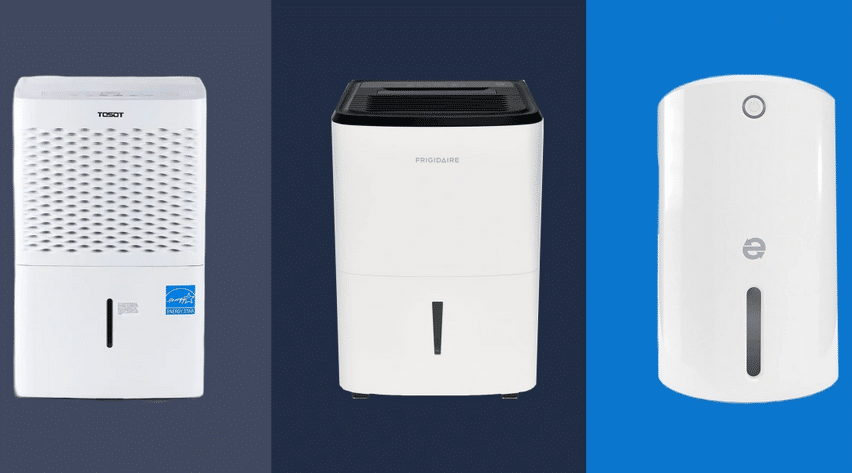
What if the fishy smell remains after I turn my AC off?
If you turn off the AC system and there’s no longer a fishy odor, it points to the AC being the source of the odors.
If the smells linger after you turn off your AC, it’s another problem in the home—probably to do with the electrics. It could be the wiring in light fixtures, ceiling fans, switches, outlets or appliances overheating.
Try to narrow down the potential source of the problem by turning off lights and unplugging appliances one by one. Contact a licensed HVAC technician or electrician to help troubleshoot and solve the problem.
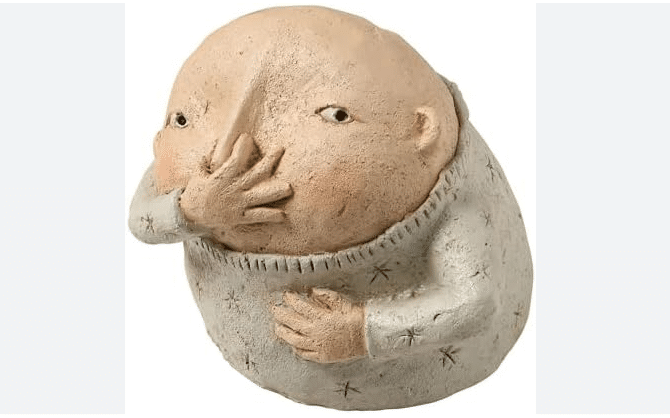
AC tune-ups and repairs in SWFL
Do you smell something odd after you switch your air conditioning on? Is it reeking of fish or another unwanted odor?
If so, your air conditioner may simply need a thorough clean and a tune-up—or more extensive AC troubleshooting and repairs.
If you’re in SWFL and have any issues with your cooling system, contact One Way Air to arrange a full inspection and fix.

